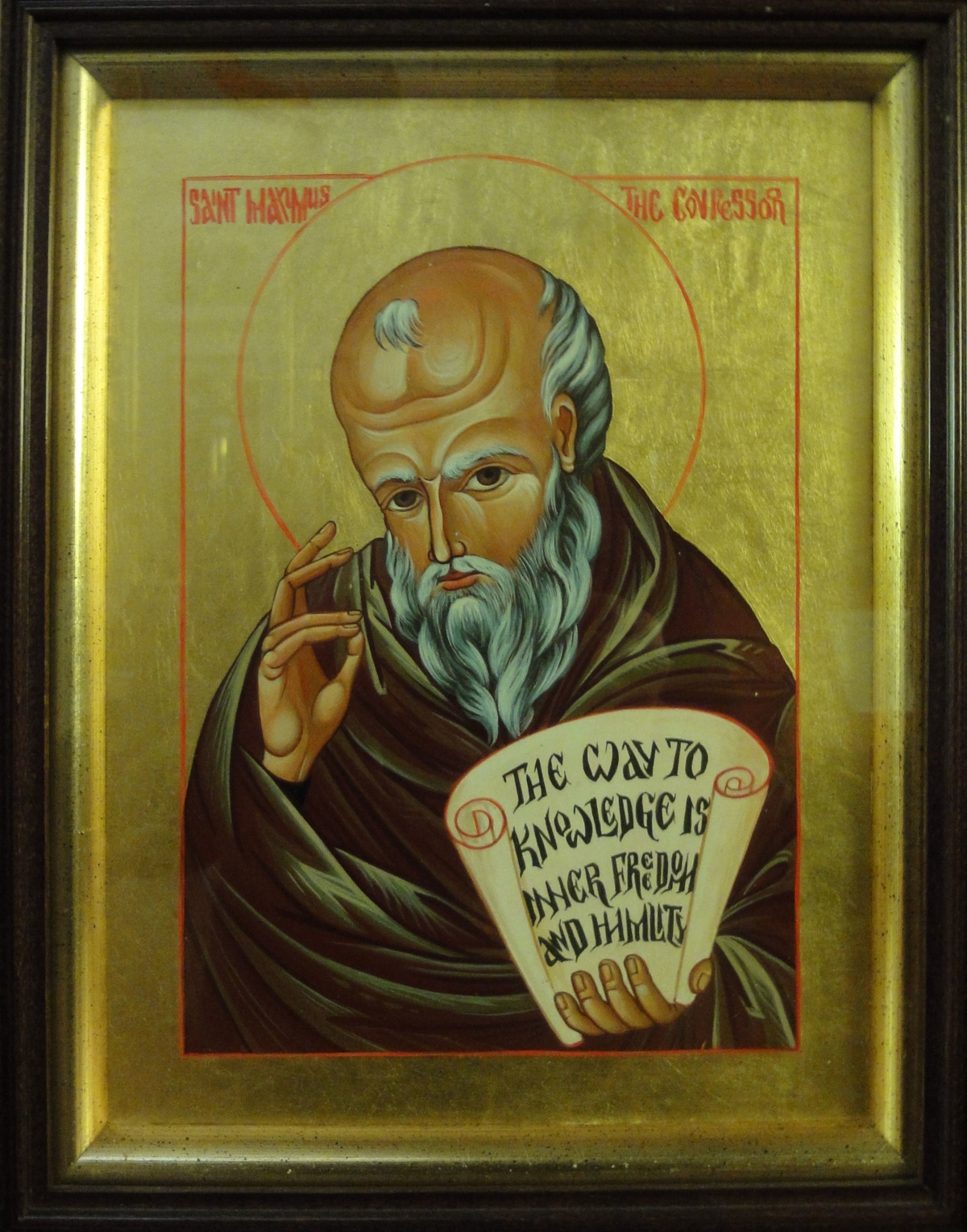“In addition to all these things, I am extremely apprehensive about admitting this particular argument [i.e., that the soul comes into being after the body], since the logical implications of it might justly make me subject to dreadful accusations, since it will lead me to utter what is not lawful, being constrained by the sequence of the argument to say that our Lord and God, who truly deigned to become man like us but without sin, became, at the moment of His conception, a human being without a soul or intellect, and that He remained in this condition for forty days. Against such a view our holy fathers and teachers—or rather the Truth speaking through them—explicitly proclaim that simultaneously with the Word of God’s descent, at the very moment of conception, without any intervening temporal interval, through the medium of the rational soul, the same Lord and Word of God was united to the flesh. That is, the Word did not assume a rational soul through the medium of inanimate flesh, neither did He assume a body utterly devoid of soul, nor a soul devoid of intellect and reason, but He ineffably united to Himself, according to hypostasis, a perfect human nature lacking nothing, consisting of a rational soul and body. And this is why, before everything else, I espouse the doctrine of co-existence, rejecting each of the other views that are at variance both with each other and with the middle position, to which I adhere, having for my argument’s advocate and unerring teacher the very same Creator of nature, in the mystery of His embodiment, who truly became man, and who confirmed in Himself that His human nature subsists in its full perfection simultaneously with its coming into being at the moment of its creation, so that the only novel thing He introduced was the innovation of nature, by which I mean His conception without seed and His birth without corruption, from which very things nature was separated after the fall, having fallen away from the divine and spiritual mode of increase into multiplicity—but not from the inner principle of its nature, according to which it naturally is and exists, subsisting from the very moment it comes into being as a unity of rational soul and body.” (Ambigua to John, 42.25; Constas 2014b, 171, 173)
Read the Saints
Eastern Orthodox Saints in English
Read the Saints
Eastern Orthodox Saints in English

Through the prayers of our holy Fathers, Lord Jesus Christ our God, have mercy on us, and save us.
More Posts
- The Reading Habits of St. Joseph the Hesychast
- A Subject Index for Living Without Hypocrisy: Spiritual Counsels of the Holy Elders of Optina
- St. Maximus the Confessor: The Human Soul Comes Into Existence at Conception
- St. John of Damascus on the Communicatio Idiomatum
- The Order of the Reading of the Psalter
- The Kathismata of the Psalter
- St. Paisius Velichkovsky on the Translator’s Task
- Introducing Read the Saints
- Index of St. Gregory the Theologian’s Orations
- 2022 Vision Casting
